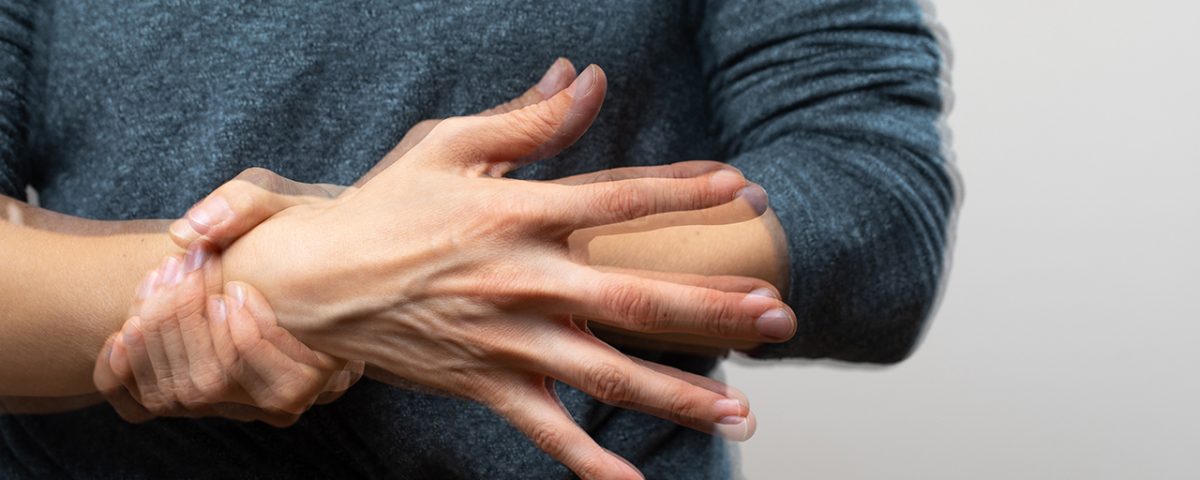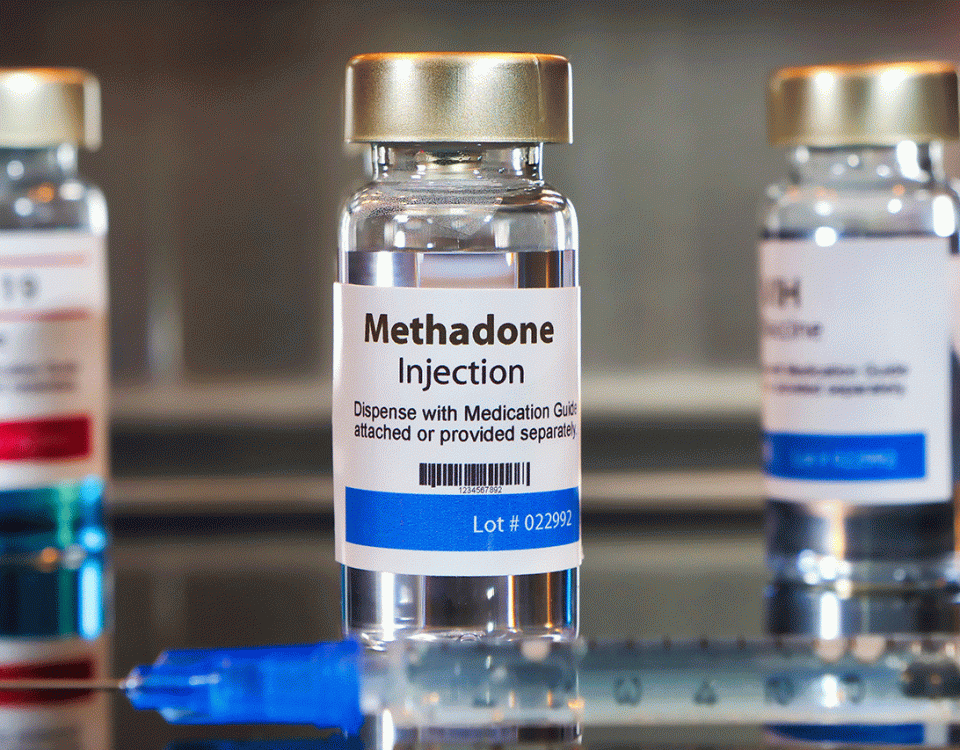You’d think alcohol and shaking had to do with dancing, but that’s not always the case.
If you’ve ever experienced uncontrollable shivers or tremors after downing a few alcoholic drinks, then you may understand what we’re talking about. Today, our Florida rehabs are going to answer a common question among many drinkers: why do I shake when I drink alcohol? We are also going over what alcohol shakes can look like, along with some of the most effective ways to manage this troubling symptom.
The Correlation Between Alcohol and Shaking
The link between alcohol use and its bodily effects is a topic of great interest and concern in the complex interplay of human physiology and behavior. The occurrence of shaking or trembling in people who have taken alcohol is one such event that has attracted attention. We are exploring the concerning instances of shaking after drinking alcohol, illuminating the underlying physiological mechanisms, possible contributing factors, and consequences for both immediate and long-term health.
Why Do Alcoholics Shake?
Alcohol is a central nervous system (CNS) depressant, slowing down nerve activity in the brain and mood-regulating neurotransmitters like gamma-aminobutyric acid (GABA) and glutamate. When you drink alcohol, the body responds by decreasing the sensitivity of receptors that bind to GABA and increasing the sensitivity of receptors that bind to glutamate. While GABA inhibits nerve activity or communication, glutamate contributes to responses to stress, such as sweating, increased heart rate, and shakes or tremors.
When someone drinks heavily for long periods, the brain becomes accustomed to being in a constant state of sedation and to this chemical imbalance. As alcohol leaves the body of a heavy drinker, GABA communication remains low, and glutamate communication remains high, flooding the brain with more activity than it’s used to and causing the nervous system to become hyperactive. As a result, you may experience uncontrollable shaking after drinking. Shaking from drinking alcohol can happen as soon as eight hours after your last drink. The severity of these symptoms depends greatly on the amount of alcohol you consume and how often you drink.
For people who engage in heavy drinking frequently (15 drinks or more per week for men and 8 drinks or more per week for women), shaking after drinking alcohol is a common side effect. What’s more, even if you don’t consider yourself an alcoholic, experiencing tremors from alcohol consumption can indicate tolerance and physical dependence, and thus, a more serious problem. Shaking when drinking alcohol can also occur as a result of binge drinking, which is when someone drinks a large amount of alcohol within two hours. Binge drinking can cause “hangover shakes,” and you may feel your hands or your whole body tremor, depending on how much alcohol you consume.
What Do Alcohol Tremors Look Like?
Alcohol tremors, commonly referred to as alcohol-induced tremors or "the shakes," appear as rhythmic, uncontrollable movements of one's extremities, usually the hands and fingers. These tremors are characterized by a perceptible, rhythmic quivering or shaking that can be mild to prominent in severity. Shaking from alcohol may be hardly noticeable in milder cases and resemble a faint fluttering or shivering of the hands. In more severe cases, the trembling can intensify, leading to audible and occasionally disturbing motions. This could make it difficult to write or steadily grip things, two fine motor activities. Attempts to utilize the affected limbs for precise activities frequently make the tremors worse, and they tend to get worse as blood alcohol levels drop, which frequently happens during alcohol withdrawal.
Alcohol Withdrawal Shakes
Shaking is also a common sign of alcohol withdrawal, a condition that occurs when the body is struggling to adjust to a lack of alcohol and the sudden increase in nerve activity in the central nervous system. As we mentioned before, the brain can become accustomed to alcohol when you drink heavily for long periods. This is otherwise referred to as alcohol dependence. When someone is physically dependent on alcohol and reduces their drinking or cuts it off completely, the body struggles to adjust to the sudden lack of it and the changes in chemical levels.
This can result in uncomfortable symptoms like shaking. Alcohol withdrawal symptoms - shaking included – are indicators of physical dependence on alcohol, which is often an early sign of addiction. If you find yourself drinking more frequently than usual or experiencing shakes and other withdrawal symptoms from alcohol, seek out the help of a medical professional right away.
How to Stop Alcohol Shakes
The most important thing for people who have shakes from alcohol is to find stability and relief. While reducing or quitting alcohol use gradually under medical supervision is the most beneficial method, there are other methods that can lessen the severity of the shakes and enhance general well-being, including:
- Hydration and nutrition: These are key to reducing the symptoms of alcohol-induced tremors. The body needs to be replenished with these nutrients and fluids. Drinking enough water and eating well-balanced, nutrient-rich meals will help regulate blood sugar levels and restore electrolyte equilibrium, which may be thrown off by drinking too much alcohol.
- Supplemental support: Some vitamins might speed up the healing process. The B-complex vitamins, especially B1 (thiamine), B3 (niacin), and B6 (pyridoxine), are essential for the health of the neurological system and can reduce tremors. Supplements high in magnesium and potassium can also assist healthy muscle function and electrolyte balance. It is imperative to speak with a healthcare expert before starting any supplement regimen to ensure proper dosage and fit for specific needs.
- Regular exercise: A consistent exercise routine can help to lessen the intensity of alcohol tremors. Light to moderate physical activity is best. Exercise enhances general physical and mental health by increasing circulation and releasing endorphins. Exercises like yoga, walking, and mild stretches can be very helpful in reducing stress and fostering relaxation.
- Stress reduction techniques: Deep breathing exercises, meditation, or mindfulness exercises can help calm the nervous system and lessen the frequency and severity of tremors brought on by alcohol. These practices encourage mental clarity, calmness, and the recovery of normal neurological function.
- Medical consultation and treatment: It's critical to seek expert medical guidance, especially for people who have severe or persistent alcohol tremors. A healthcare professional may carry out a full evaluation, make personalized treatment recommendations, and keep track of development throughout the healing process. Medications may be recommended to treat symptoms and help the body adapt to lowered alcohol use.
Keep in mind that, especially in cases of severe alcohol dependence, it is imperative to approach alcohol cessation and symptom management with expert advice. A healthcare professional can make tailored recommendations and supervise a successful and safe healing process.
Getting Help for Alcoholism
If you’ve ever asked yourself, “Why do I shake when I drink alcohol?” then you may have a more serious problem on your hands. If you’re struggling to control how much you drink, feel a compulsive urge to drink, or find yourself consuming alcohol despite the repercussions it’s having on your life, then you might have an addiction. Alcoholism is a chronic disease that can gradually become worse if you don’t seek professional care.
When it comes to treating alcoholism at our Pompano rehab center, we ensure that our patients have everything they need to recover comfortably. From a partial hospitalization program to outpatient treatment options to help clients slowly transition back to an addiction-free life, our team is there at every step of the process. If you or someone you know has an alcohol or drug problem, addiction specialists at Banyan Treatment Centers are here to help.
To learn more about our addiction and Florida mental health services, call us today at 888-280-4763.









